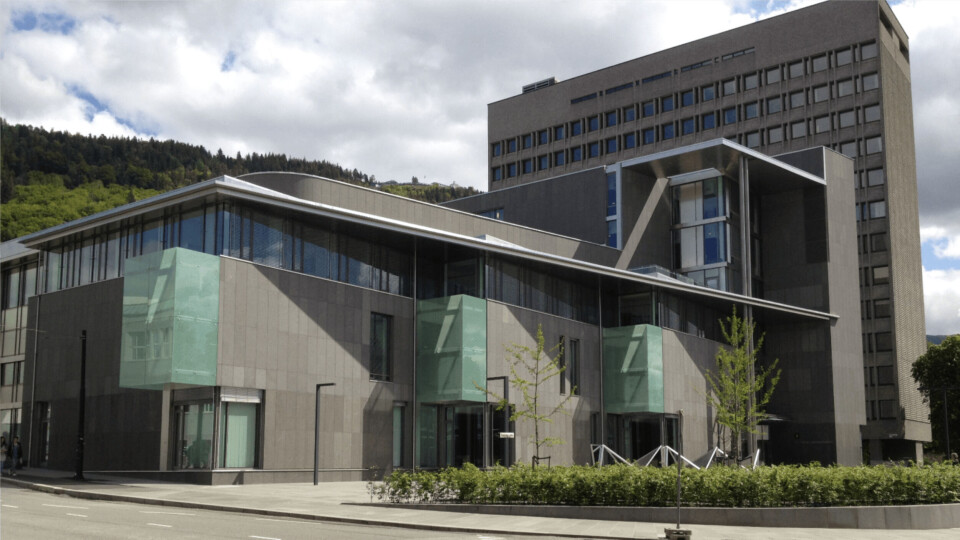
Fish farmers appeal against ‘traffic light’ judgment
Norwegian salmon farmers who lost a court bid to overturn a cut in their production allowance have lodged an appeal against the decision.
The 25 farming companies in production area 4 (PO4), including Mowi and Scottish Sea Farms co-owner Lerøy, had challenged an order to reduce their production by 6% to protect wild salmon from sea lice that can reproduce quickly on salmon farms.
The case centred around the “traffic light” system, which divides the country’s coast into 13 defined areas, from area 1 in the south to area 13 in the far north. The areas are given a green, yellow and red traffic light designation depending on the perceived risk of sea lice-induced mortality among wild salmon. Capacity is adjusted by 6% upwards (green) or down (red). In yellow areas, capacity is frozen.
The farmers lost in Sogn og Fjordane district court. The Gulating Court of Appeal will now reconsider the case.
‘Violated human rights’
During the district court case the farmers’ lawyers challenged everything from the factual basis for the decision, to failure to consult with farmers about the decision, to the fact that it was all unconstitutional and in violation of the European Convention on Human Rights (ECHR).
Judge Jørn Lasse Refsnes listened patiently to summoned expert witnesses and other expert witnesses who reported on everything from the life of copepods at different temperatures, to which statistical models were thought to be best when calculating significance in the lice models.
But the judge’s conclusion was that “the state at the Ministry of Trade and Industry has been acquitted”. He also ordered the farmers to pay legal costs of NOK 1.78 million.
However, this has not deterred the farmers from asking their lawyers to tackle the matter in a new round.
‘Lacked basis for decision’
“The case is about the exercise of authority in the form of an intrusive decision with major consequences. The central question remains whether the Ministry of Trade and Industry met the conditions in law and regulations, and thus had the right to adopt a down-regulation of the maximum permitted biomass (MTB) in PO4,” says Even Søfteland in PO3 / 4 Knowledge incubator, a group involved in the case.
The aquaculture companies maintain that the Ministry of Trade and Industry lacked a factual and legal basis for making a decision on February 4, 2020 on down-regulation of MTB.
“Large resources have been spent on effective lice control in PO4, the set lice limits have been complied with by a good margin and the wild salmon populations in Vestland county have also been increasing in the last decade,” said lawyer Trond Hatland, who is leading the case for the aquaculture companies.
Case ‘reaches beyond aquaculture’
“It is regrettable that the district court failed to make a closer assessment of whether there was in fact a basis for the intervention. The aquaculture companies assume that the Court of Appeal will exercise real control over the ministry’s exercise of authority, in line with basic requirements for legal certainty.”
The farmers have always emphasised that they support environmental regulation. What the aquaculture companies demand is that the traffic light system is used in line with the Norwegian Parliament’s assumptions and that intrusive decisions are based on an established factual basis and sound case processing.
“That the authorities comply with conditions in law and regulations, have a sound case processing, and ensure that a good factual basis is established before an intervening decision is made, actually concerns us all. The case thus has a reach far beyond the aquaculture companies in PO4,” said Søfteland.




















































